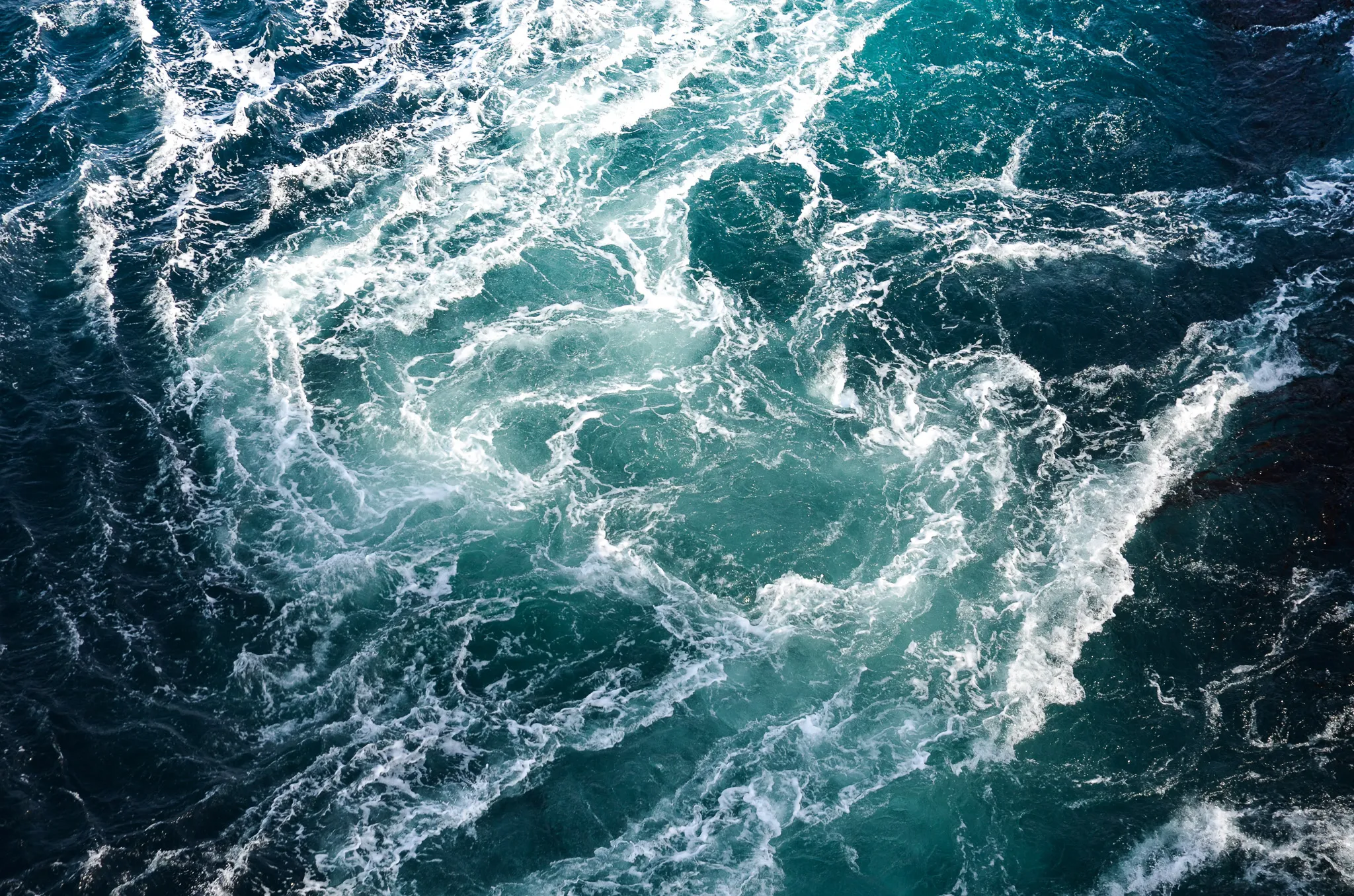



Stories We Tell
Our Grammarians are from diverse backgrounds and they all have their own unique stories to tell.
As part of Year 9 English elective, Stories We Tell, our Grammarians learn about a range of literary topics. Year 9 student Laura Duong, when trying her hand at an investigative journalism piece, interviewed her father and uncovered this powerful story, interwoven with wonderful moments of creative writing.
Here is her work.

The sea undulates, an unforgiving force of greyish blue against a morose sky. The sight stretches on for miles, reaching into the horizon and beyond. The water's surface tosses and turns, a restless omnipresent being. In the midst of the turmoil, a lone boat fleeing – battered and frail, packed with people on the verge of death from starvation, illness, thirst, or a mix of all three. With every perilous rock of the boat from side to side, it seems at risk of capsizing, spilling all the refugees into the water and possibly drowning them. The boat's destination? Any country, except for its own; Vietnam.
But why did these refugees flee their country only to be stuck on a crowded boat in the middle of the sea? Why would they risk their lives for a country they had never seen?
After the Vietnam War ended and the Communists took control of Saigon (now Ho Chi Minh City) and South Vietnam, many people from the South fled the country, mostly in small, relatively fragile boats. This has led to these refugees being called the 'boat people', or người thuyền nhân in Vietnamese. These people ran the risk of being robbed and attacked by pirates, having their boats capsized, or dying of starvation, dehydration, drowning, or illness. They fled for many reasons- there are many accounts of the government seizing businesses and property, leaving the owners destitute. Others fled for political reasons, whether they were affiliated with the previous Southern Vietnamese government, or could be suspected of having ties to other countries (for example, one could be incarcerated for being able to speak English).
The sea undulates, an unforgiving force of greyish blue against a morose sky. The sight stretches on for miles, reaching into the horizon and beyond. The water's surface tosses and turns, a restless omnipresent being. In the midst of the turmoil, a lone boat fleeing – battered and frail, packed with people on the verge of death from starvation, illness, thirst, or a mix of all three. With every perilous rock of the boat from side to side, it seems at risk of capsizing, spilling all the refugees into the water and possibly drowning them. The boat's destination? Any country, except for its own; Vietnam.
But why did these refugees flee their country only to be stuck on a crowded boat in the middle of the sea? Why would they risk their lives for a country they had never seen?
After the Vietnam War ended and the Communists took control of Saigon (now Ho Chi Minh City) and South Vietnam, many people from the South fled the country, mostly in small, relatively fragile boats. This has led to these refugees being called the 'boat people', or người thuyền nhân in Vietnamese. These people ran the risk of being robbed and attacked by pirates, having their boats capsized, or dying of starvation, dehydration, drowning, or illness. They fled for many reasons- there are many accounts of the government seizing businesses and property, leaving the owners destitute. Others fled for political reasons, whether they were affiliated with the previous Southern Vietnamese government, or could be suspected of having ties to other countries (for example, one could be incarcerated for being able to speak English).
The sea undulates, an unforgiving force of greyish blue against a morose sky. The sight stretches on for miles, reaching into the horizon and beyond. The water's surface tosses and turns, a restless omnipresent being. In the midst of the turmoil, a lone boat fleeing – battered and frail, packed with people on the verge of death from starvation, illness, thirst, or a mix of all three. With every perilous rock of the boat from side to side, it seems at risk of capsizing, spilling all the refugees into the water and possibly drowning them. The boat's destination? Any country, except for its own; Vietnam.
But why did these refugees flee their country only to be stuck on a crowded boat in the middle of the sea? Why would they risk their lives for a country they had never seen?
After the Vietnam War ended and the Communists took control of Saigon (now Ho Chi Minh City) and South Vietnam, many people from the South fled the country, mostly in small, relatively fragile boats. This has led to these refugees being called the 'boat people', or người thuyền nhân in Vietnamese. These people ran the risk of being robbed and attacked by pirates, having their boats capsized, or dying of starvation, dehydration, drowning, or illness. They fled for many reasons- there are many accounts of the government seizing businesses and property, leaving the owners destitute. Others fled for political reasons, whether they were affiliated with the previous Southern Vietnamese government, or could be suspected of having ties to other countries (for example, one could be incarcerated for being able to speak English).

He had left early in 1978, perhaps in January or February, and was eleven years old. His family lived in a declining district filled with famine after the Vietnam War called Rach Gia. My paternal grandfather owned a farm on which they grew radishes, rice, snake beans, and sweet potatoes, but with the Communist regimes in place, he would have to sell the goods to the government at a fixed, low price. When he passed away soon after the Lunar New Year of 1978, the government thought to confiscate the farm, leaving the family with nearly no property except their meagre home. In the meantime, Vietnam's army was fighting against the Khmer Rouge from Cambodia, and therefore males 17 years old could be conscripted to fight, which was a path my paternal grandmother didn't want my father and his brothers to take. 50 days after my grandfather's death, my grandmother decided to send my father, his brother (about 9 years old then), and his brother-in-law (in his late 20s) on a boat to escape.
The escape was organised in secret by a group of people mostly from the city, however my father's brother-in-law was one of the main organisers, so my father's family from Rach Gia was allowed to join them.
The coast looked drastically different during low tide compared to high tide. During high tide, the water washed up high over the beach, sometimes illuminated by the eerie silver glow of a bright moon. However, at low tide, the water retreated, exposing a wide expanse of dark mud that was nearly impossible to travel through. To solve this predicament, small boats about 7 metres long and 1.5 metres wide would shuttle the escapees from the shore to the main boat, which was around 12 metres by 5 metres in size. Using lamps and torches, people would leave their rented houses by the coast and board the small boats to travel to the main boat which was anchored a few hundred metres away. This main boat would hold 49 people in its hold, to avoid being seen and suspected of escaping. This was because the small boats would be able to move a bit easier in the mud. The plan was to pass through the Gulf of Thailand, to Malaysia.
He had left early in 1978, perhaps in January or February, and was eleven years old. His family lived in a declining district filled with famine after the Vietnam War called Rach Gia. My paternal grandfather owned a farm on which they grew radishes, rice, snake beans, and sweet potatoes, but with the Communist regimes in place, he would have to sell the goods to the government at a fixed, low price. When he passed away soon after the Lunar New Year of 1978, the government thought to confiscate the farm, leaving the family with nearly no property except their meagre home. In the meantime, Vietnam's army was fighting against the Khmer Rouge from Cambodia, and therefore males 17 years old could be conscripted to fight, which was a path my paternal grandmother didn't want my father and his brothers to take. 50 days after my grandfather's death, my grandmother decided to send my father, his brother (about 9 years old then), and his brother-in-law (in his late 20s) on a boat to escape.
The escape was organised in secret by a group of people mostly from the city, however my father's brother-in-law was one of the main organisers, so my father's family from Rach Gia was allowed to join them.
The coast looked drastically different during low tide compared to high tide. During high tide, the water washed up high over the beach, sometimes illuminated by the eerie silver glow of a bright moon. However, at low tide, the water retreated, exposing a wide expanse of dark mud that was nearly impossible to travel through. To solve this predicament, small boats about 7 metres long and 1.5 metres wide would shuttle the escapees from the shore to the main boat, which was around 12 metres by 5 metres in size. Using lamps and torches, people would leave their rented houses by the coast and board the small boats to travel to the main boat which was anchored a few hundred metres away. This main boat would hold 49 people in its hold, to avoid being seen and suspected of escaping. This was because the small boats would be able to move a bit easier in the mud. The plan was to pass through the Gulf of Thailand, to Malaysia.
He had left early in 1978, perhaps in January or February, and was eleven years old. His family lived in a declining district filled with famine after the Vietnam War called Rach Gia. My paternal grandfather owned a farm on which they grew radishes, rice, snake beans, and sweet potatoes, but with the Communist regimes in place, he would have to sell the goods to the government at a fixed, low price. When he passed away soon after the Lunar New Year of 1978, the government thought to confiscate the farm, leaving the family with nearly no property except their meagre home. In the meantime, Vietnam's army was fighting against the Khmer Rouge from Cambodia, and therefore males 17 years old could be conscripted to fight, which was a path my paternal grandmother didn't want my father and his brothers to take. 50 days after my grandfather's death, my grandmother decided to send my father, his brother (about 9 years old then), and his brother-in-law (in his late 20s) on a boat to escape.
The escape was organised in secret by a group of people mostly from the city, however my father's brother-in-law was one of the main organisers, so my father's family from Rach Gia was allowed to join them.
The coast looked drastically different during low tide compared to high tide. During high tide, the water washed up high over the beach, sometimes illuminated by the eerie silver glow of a bright moon. However, at low tide, the water retreated, exposing a wide expanse of dark mud that was nearly impossible to travel through. To solve this predicament, small boats about 7 metres long and 1.5 metres wide would shuttle the escapees from the shore to the main boat, which was around 12 metres by 5 metres in size. Using lamps and torches, people would leave their rented houses by the coast and board the small boats to travel to the main boat which was anchored a few hundred metres away. This main boat would hold 49 people in its hold, to avoid being seen and suspected of escaping. This was because the small boats would be able to move a bit easier in the mud. The plan was to pass through the Gulf of Thailand, to Malaysia.


However, my father, his brother, and his brother-in-law were in one small boat, while my auntie and her daughter were in another boat. My father's boat reached the main vessel first, however out of fear or discovery the main ship's lights were turned off, leaving my auntie's boat to flounder around, lost. Eventually my auntie's boat headed back to shore, leaving the main boat to sail off before the sun rose. My auntie and her daughter were separated from my father, his brother and his brother in law. Later, after many attempts, they successfully escaped, however it was a fairly long time before the family reunited.
On the first night, my father recalls being unable to eat due to seasickness. The crew of the boat were fishermen and therefore were acclimatised to the rocking of the boat, but the passengers were vomiting, creating a stifling atmosphere in the hold of the boat. However, soon after, the crew said that they had passed 'into international waters' and the passengers were allowed on deck. My father slept on the wooden deck that night.
During my interview, my Dad reminisced about a time on the boat during which he could have died. On the second day, in the morning, he woke up on the deck, like usual. For some context, his bed at home was about 60-70cm high, and in the morning, he would get up by first dangling his foot over the edge and then standing up on it. Alas, when he was on the boat and, thinking that he was still at home, dangled his foot over the edge of the flat deck, he jolted fully awake in a shock, as there was no barrier under the deck to stop his standing up safely. Indeed, there was an enormous expanse of blue, instead of dirt floor. Shuffling backwards into safety, he stood up and the day continued like normal, or as normal as life as a refugee could get.
However, my father, his brother, and his brother-in-law were in one small boat, while my auntie and her daughter were in another boat. My father's boat reached the main vessel first, however out of fear or discovery the main ship's lights were turned off, leaving my auntie's boat to flounder around, lost. Eventually my auntie's boat headed back to shore, leaving the main boat to sail off before the sun rose. My auntie and her daughter were separated from my father, his brother and his brother in law. Later, after many attempts, they successfully escaped, however it was a fairly long time before the family reunited.
On the first night, my father recalls being unable to eat due to seasickness. The crew of the boat were fishermen and therefore were acclimatised to the rocking of the boat, but the passengers were vomiting, creating a stifling atmosphere in the hold of the boat. However, soon after, the crew said that they had passed 'into international waters' and the passengers were allowed on deck. My father slept on the wooden deck that night.
During my interview, my Dad reminisced about a time on the boat during which he could have died. On the second day, in the morning, he woke up on the deck, like usual. For some context, his bed at home was about 60-70cm high, and in the morning, he would get up by first dangling his foot over the edge and then standing up on it. Alas, when he was on the boat and, thinking that he was still at home, dangled his foot over the edge of the flat deck, he jolted fully awake in a shock, as there was no barrier under the deck to stop his standing up safely. Indeed, there was an enormous expanse of blue, instead of dirt floor. Shuffling backwards into safety, he stood up and the day continued like normal, or as normal as life as a refugee could get.

My father was lucky – there have been many stories of boats capsizing in storms and being filled with water in the midst of extreme turbulence and rough winds, but his journey was relatively consistent. Of course, the rocking of the boat made seasickness rife on the boat but there were no storms or high speed winds. This could have been because the people on the boat escaped during the dry season, avoiding the exceedingly heavy rain that is iconic of Vietnam's monsoon season which would start around April or June.
By this time, the boat had nearly reached the shore of Malaysia – my father says that the first thing he saw of Malaysia was the line of trees along the coat. However, soon, just before land was reached, the 4-cylinder engine malfunctioned and broke down. The crew tried to fix it, but to no avail. The boat merely floated there, stranded in the ocean painfully near to their long-awaited destination.
But behold! A Malaysian patrol boat, bringing dried noodles and oranges. Back in Vietnam, the oranges were more yellow than orange and smaller than the ones the refugees of this boat received. My father remembers feeling a mix of surprise and elation. The patrol crew told the refugees that they would tow the boat to a refugee camp, as the shore that they had reached was a while away from the nearest camp.
My father was lucky – there have been many stories of boats capsizing in storms and being filled with water in the midst of extreme turbulence and rough winds, but his journey was relatively consistent. Of course, the rocking of the boat made seasickness rife on the boat but there were no storms or high speed winds. This could have been because the people on the boat escaped during the dry season, avoiding the exceedingly heavy rain that is iconic of Vietnam's monsoon season which would start around April or June.
By this time, the boat had nearly reached the shore of Malaysia – my father says that the first thing he saw of Malaysia was the line of trees along the coat. However, soon, just before land was reached, the 4-cylinder engine malfunctioned and broke down. The crew tried to fix it, but to no avail. The boat merely floated there, stranded in the ocean painfully near to their long-awaited destination.
But behold! A Malaysian patrol boat, bringing dried noodles and oranges. Back in Vietnam, the oranges were more yellow than orange and smaller than the ones the refugees of this boat received. My father remembers feeling a mix of surprise and elation. The patrol crew told the refugees that they would tow the boat to a refugee camp, as the shore that they had reached was a while away from the nearest camp.
My father was lucky – there have been many stories of boats capsizing in storms and being filled with water in the midst of extreme turbulence and rough winds, but his journey was relatively consistent. Of course, the rocking of the boat made seasickness rife on the boat but there were no storms or high speed winds. This could have been because the people on the boat escaped during the dry season, avoiding the exceedingly heavy rain that is iconic of Vietnam's monsoon season which would start around April or June.
By this time, the boat had nearly reached the shore of Malaysia – my father says that the first thing he saw of Malaysia was the line of trees along the coat. However, soon, just before land was reached, the 4-cylinder engine malfunctioned and broke down. The crew tried to fix it, but to no avail. The boat merely floated there, stranded in the ocean painfully near to their long-awaited destination.
But behold! A Malaysian patrol boat, bringing dried noodles and oranges. Back in Vietnam, the oranges were more yellow than orange and smaller than the ones the refugees of this boat received. My father remembers feeling a mix of surprise and elation. The patrol crew told the refugees that they would tow the boat to a refugee camp, as the shore that they had reached was a while away from the nearest camp.

The patrol boat towed the fishing boat for some time, until the passengers realised that not only were the patrol crew not bringing them to the camp, they were pulling them back the way they had came from – back into the seemingly endless plain of ocean that they had suffered to cross. They were brought back into the middle of the ocean, and the rope joining the two boats was cut, leaving them stranded with a broken engine and no way of getting back.
All was lost, it seemed.
The crew tried again and again to fix the cylinders in the engine, and at last! Two cylinders complied. The boat was much slower, but little progress was much, much better than none. And the refugees were getting desperate.
The crew led the boat back to Malaysian shores, in hopes of the patrol crew finally giving in. After being refused multiple times, the refugees' hopes were answered – the authorities relented and bussed them to a nearby cow shed to temporarily stay for the night. while a new refugee camp was built. The delay continued as the refugees were driven to a retirement village and given doonas and mosquito nets. They slept on the footpath between the buildings.
Soon, the new camp was finished. 4 months had passed, asylum seeker screening had started, and my father had begun to learn English. After some time, all but my father's group were rejected from Australia (they would settle in another country, the United States perhaps). My father's brother-in-law had an older brother who had escaped earlier, had landed in WA, and was crucial to my father's group's accepting. At the time, Australia's screening test was seen as very difficult to pass.
The patrol boat towed the fishing boat for some time, until the passengers realised that not only were the patrol crew not bringing them to the camp, they were pulling them back the way they had came from – back into the seemingly endless plain of ocean that they had suffered to cross. They were brought back into the middle of the ocean, and the rope joining the two boats was cut, leaving them stranded with a broken engine and no way of getting back.
All was lost, it seemed.
The crew tried again and again to fix the cylinders in the engine, and at last! Two cylinders complied. The boat was much slower, but little progress was much, much better than none. And the refugees were getting desperate.
The crew led the boat back to Malaysian shores, in hopes of the patrol crew finally giving in. After being refused multiple times, the refugees' hopes were answered – the authorities relented and bussed them to a nearby cow shed to temporarily stay for the night. while a new refugee camp was built. The delay continued as the refugees were driven to a retirement village and given doonas and mosquito nets. They slept on the footpath between the buildings.
Soon, the new camp was finished. 4 months had passed, asylum seeker screening had started, and my father had begun to learn English. After some time, all but my father's group were rejected from Australia (they would settle in another country, the United States perhaps). My father's brother-in-law had an older brother who had escaped earlier, had landed in WA, and was crucial to my father's group's accepting. At the time, Australia's screening test was seen as very difficult to pass.
The patrol boat towed the fishing boat for some time, until the passengers realised that not only were the patrol crew not bringing them to the camp, they were pulling them back the way they had came from – back into the seemingly endless plain of ocean that they had suffered to cross. They were brought back into the middle of the ocean, and the rope joining the two boats was cut, leaving them stranded with a broken engine and no way of getting back.
All was lost, it seemed.
The crew tried again and again to fix the cylinders in the engine, and at last! Two cylinders complied. The boat was much slower, but little progress was much, much better than none. And the refugees were getting desperate.
The crew led the boat back to Malaysian shores, in hopes of the patrol crew finally giving in. After being refused multiple times, the refugees' hopes were answered – the authorities relented and bussed them to a nearby cow shed to temporarily stay for the night. while a new refugee camp was built. The delay continued as the refugees were driven to a retirement village and given doonas and mosquito nets. They slept on the footpath between the buildings.
Soon, the new camp was finished. 4 months had passed, asylum seeker screening had started, and my father had begun to learn English. After some time, all but my father's group were rejected from Australia (they would settle in another country, the United States perhaps). My father's brother-in-law had an older brother who had escaped earlier, had landed in WA, and was crucial to my father's group's accepting. At the time, Australia's screening test was seen as very difficult to pass.

But that wasn't the last of my father's troubles. He was still in Malaysia, and the camp he was in was like a prison- sealed by barbed wire. Food was provided, but it mostly consisted of tinned biscuits, coffee, tea, red onions, tinned sardines (Dad recalled eating them so much he became heavily repulsed to the taste), condensed milk, and rice. There was also food sold by Malaysian vendors just outside the camp, but the only things that were of monetary value on them were jewellery that they traded for food through gaps in the fence.
My father and his group stayed in Kuala Lumpur for about 2-weeks, until the group was flown to Tullamarine Airport, in Melbourne. They settled in a place called the Wiltona Hostel (it's been around 40 years, and so the name has been changed or the building was demolished), until the brother-in law started to move out and my father and his brother moved into a shared house, then into government-provided housing.
My father's story of his escape from Vietnam pretty much ends there, but he told me it in vivid detail from memory. His journey was relatively peaceful- there are many stories out there of people who encountered pirates, had their boat capsized, or worse. Some were rejected from their aimed countries and were repatriated to Vietnam, where they could be jailed. So, in comparison, my father was very lucky.
The exodus of the Vietnamese boat people created many problems in the legal processes of how other countries would accept asylum seekers, especially in Australia. Despite this, There was a debate over whether Vietnamese boat people were considered legal immigrants, or whether they were not and should have been repatriated to Vietnam. As a result, many boat people were held in detention while awaiting their fate. Some critics questioned the ethics of detaining the asylum seekers after a traumatising experience at sea- the harsh environment of the detainment centres was said to add to the refugees' distress and in the process multiple riots and breakouts occurred. There were some issues regarding whether the policies used to manage the refugee crisis discriminated against the boat people and other unauthorised immigrants. Due to the sudden nature of the refugee inflow, tensions in the legal department grew as it took longer and longer to process documents and screen the refugees. According to The Courier Mail, the Australian government was completely taking in only the boat people in areas that had become conspicuous to the port authorities.
But that wasn't the last of my father's troubles. He was still in Malaysia, and the camp he was in was like a prison- sealed by barbed wire. Food was provided, but it mostly consisted of tinned biscuits, coffee, tea, red onions, tinned sardines (Dad recalled eating them so much he became heavily repulsed to the taste), condensed milk, and rice. There was also food sold by Malaysian vendors just outside the camp, but the only things that were of monetary value on them were jewellery that they traded for food through gaps in the fence.
My father and his group stayed in Kuala Lumpur for about 2-weeks, until the group was flown to Tullamarine Airport, in Melbourne. They settled in a place called the Wiltona Hostel (it's been around 40 years, and so the name has been changed or the building was demolished), until the brother-in law started to move out and my father and his brother moved into a shared house, then into government-provided housing.
My father's story of his escape from Vietnam pretty much ends there, but he told me it in vivid detail from memory. His journey was relatively peaceful- there are many stories out there of people who encountered pirates, had their boat capsized, or worse. Some were rejected from their aimed countries and were repatriated to Vietnam, where they could be jailed. So, in comparison, my father was very lucky.
The exodus of the Vietnamese boat people created many problems in the legal processes of how other countries would accept asylum seekers, especially in Australia. Despite this, There was a debate over whether Vietnamese boat people were considered legal immigrants, or whether they were not and should have been repatriated to Vietnam. As a result, many boat people were held in detention while awaiting their fate. Some critics questioned the ethics of detaining the asylum seekers after a traumatising experience at sea- the harsh environment of the detainment centres was said to add to the refugees' distress and in the process multiple riots and breakouts occurred. There were some issues regarding whether the policies used to manage the refugee crisis discriminated against the boat people and other unauthorised immigrants. Due to the sudden nature of the refugee inflow, tensions in the legal department grew as it took longer and longer to process documents and screen the refugees. According to The Courier Mail, the Australian government was completely taking in only the boat people in areas that had become conspicuous to the port authorities.
But that wasn't the last of my father's troubles. He was still in Malaysia, and the camp he was in was like a prison- sealed by barbed wire. Food was provided, but it mostly consisted of tinned biscuits, coffee, tea, red onions, tinned sardines (Dad recalled eating them so much he became heavily repulsed to the taste), condensed milk, and rice. There was also food sold by Malaysian vendors just outside the camp, but the only things that were of monetary value on them were jewellery that they traded for food through gaps in the fence.
My father and his group stayed in Kuala Lumpur for about 2-weeks, until the group was flown to Tullamarine Airport, in Melbourne. They settled in a place called the Wiltona Hostel (it's been around 40 years, and so the name has been changed or the building was demolished), until the brother-in law started to move out and my father and his brother moved into a shared house, then into government-provided housing.
My father's story of his escape from Vietnam pretty much ends there, but he told me it in vivid detail from memory. His journey was relatively peaceful- there are many stories out there of people who encountered pirates, had their boat capsized, or worse. Some were rejected from their aimed countries and were repatriated to Vietnam, where they could be jailed. So, in comparison, my father was very lucky.
The exodus of the Vietnamese boat people created many problems in the legal processes of how other countries would accept asylum seekers, especially in Australia. Despite this, There was a debate over whether Vietnamese boat people were considered legal immigrants, or whether they were not and should have been repatriated to Vietnam. As a result, many boat people were held in detention while awaiting their fate. Some critics questioned the ethics of detaining the asylum seekers after a traumatising experience at sea- the harsh environment of the detainment centres was said to add to the refugees' distress and in the process multiple riots and breakouts occurred. There were some issues regarding whether the policies used to manage the refugee crisis discriminated against the boat people and other unauthorised immigrants. Due to the sudden nature of the refugee inflow, tensions in the legal department grew as it took longer and longer to process documents and screen the refugees. According to The Courier Mail, the Australian government was completely taking in only the boat people in areas that had become conspicuous to the port authorities.










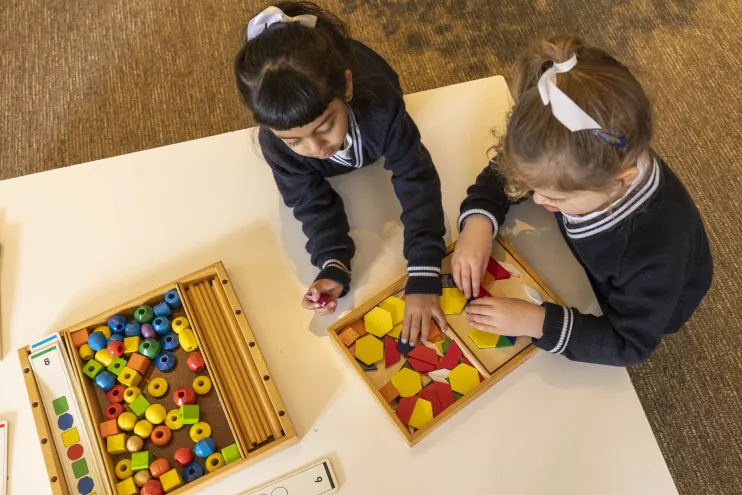
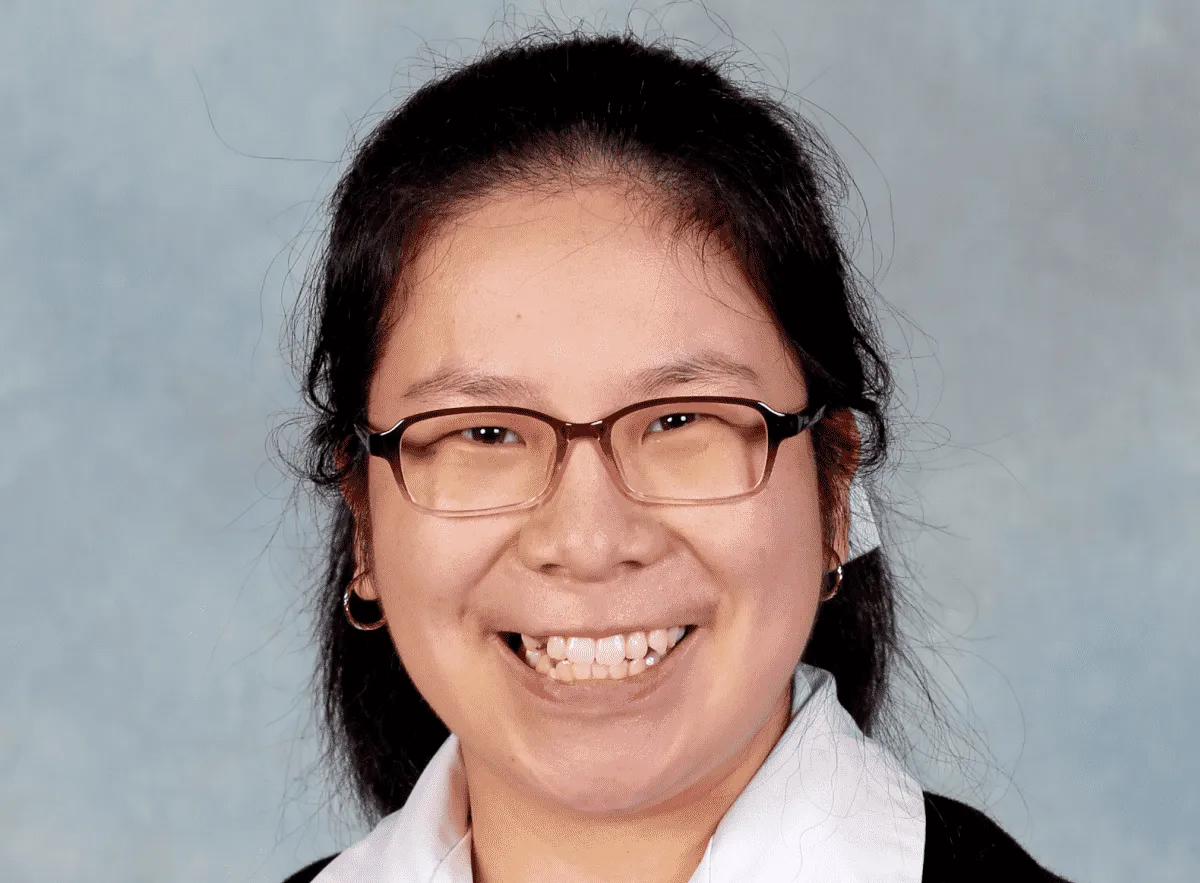
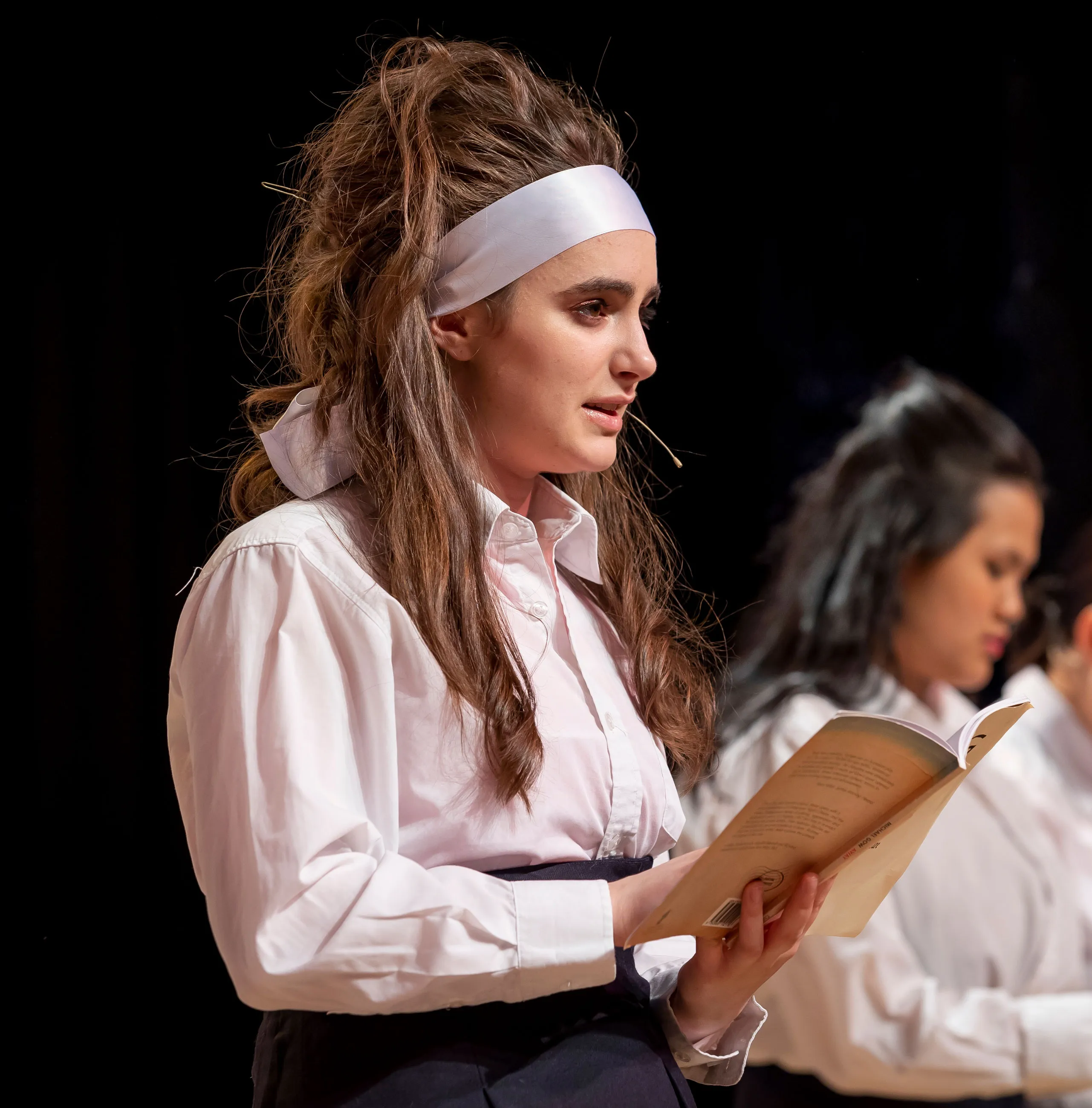
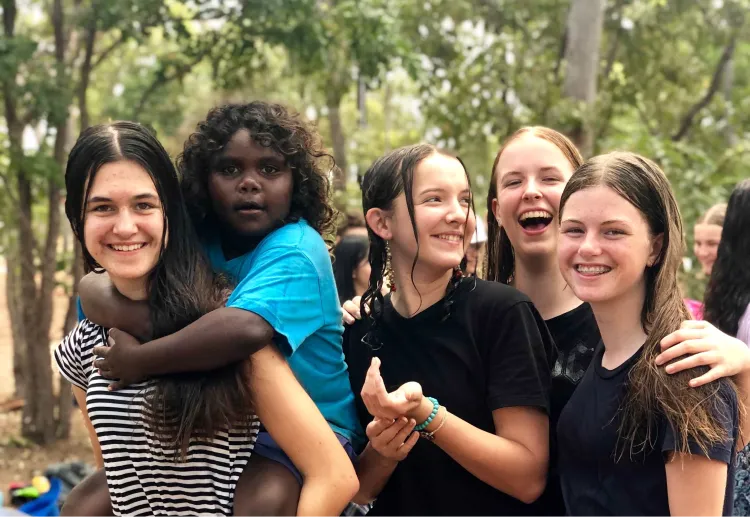
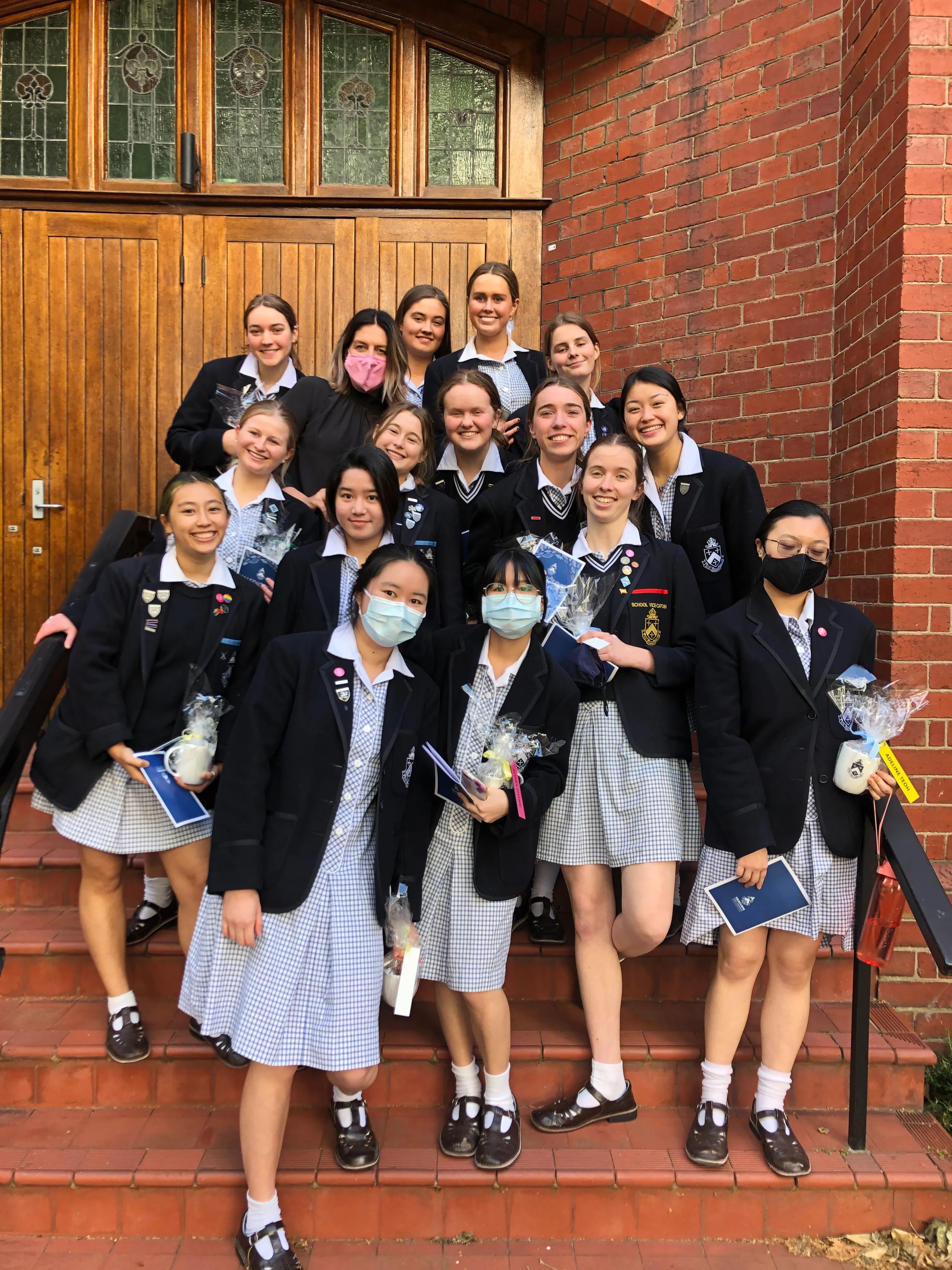


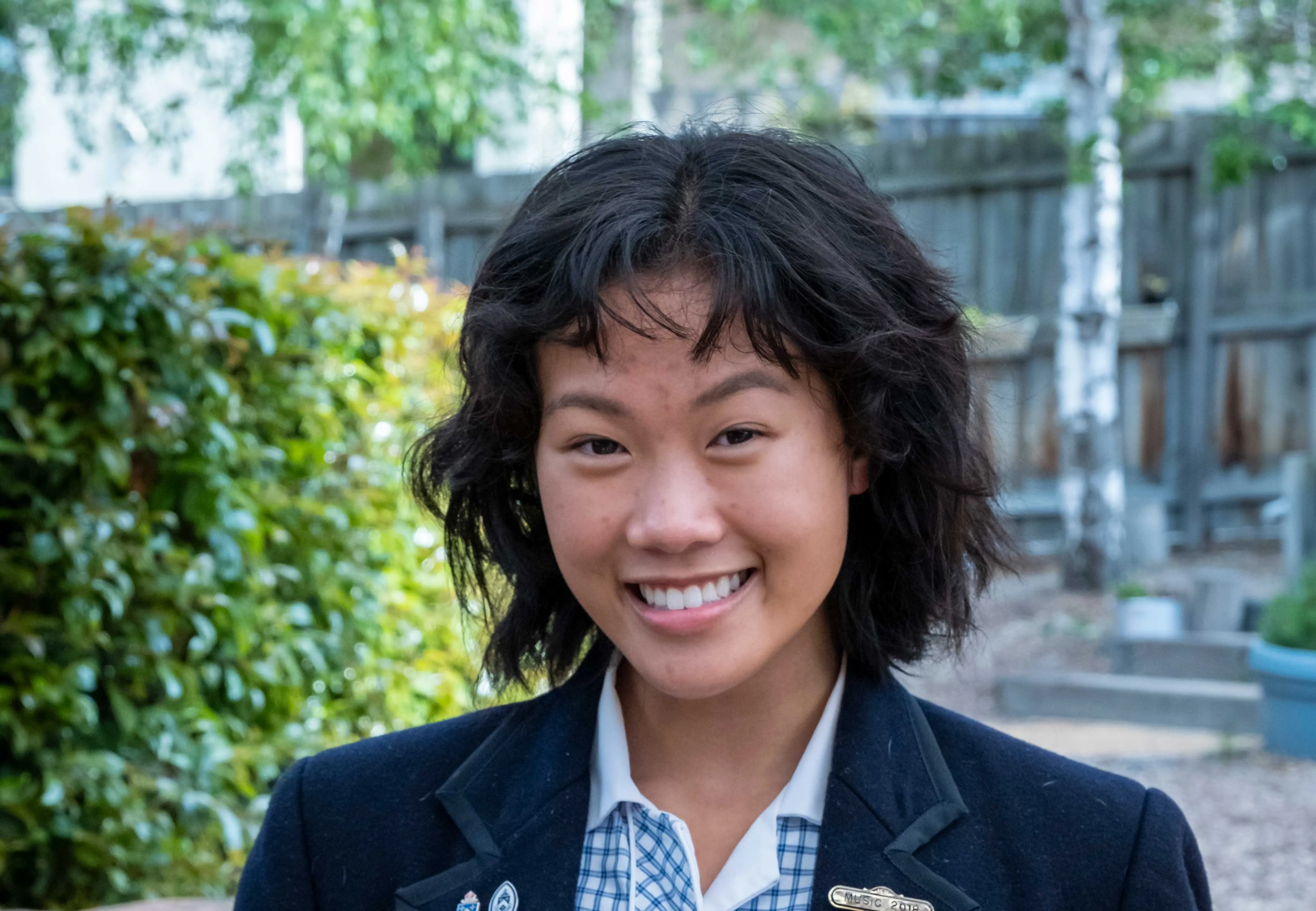
_crop.webp)


